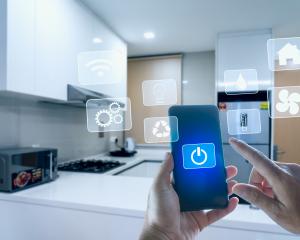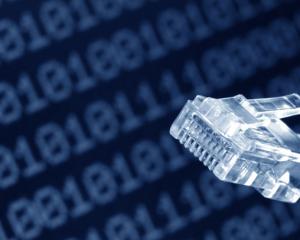
No cost details were available yesterday, but Vodafone said in a statement the iPhone 3G (third generation) would be available on contract price plans, including data bundles.
Australia, Italy and Portugal will also have the iPhones for sale through Vodafone on July 11.
In the United States, the new iPhone 3G is priced at $US199 ($NZ262) for the 8GB model and $US299 ($NZ393) for the 16GB model.
"Just one year after launching the iPhone, we're launching the new iPhone 3G that is twice as fast at half the price," Apple chief executive Steve Jobs said at the launch in San Francisco.
The iPhone supported Microsoft Exchange ActiveSync straight out of the box and ran the third-party applications created with the IPhone SDK.
The new phone would be available in more than 70 countries this year.
The iPhone supported Wi-Fi, 3G and Edge networks and automatically switched between them to give the fastest possible download speeds.
Vodafone New Zealand spokesman Paul Brislen told the Otago Daily Times the iPhones would work in Dunedin and parts of Otago where there was 3G coverage - main centres rather than less densely populated areas.
The iPhone 3G has 10 hours of talk time on 2G networks and five hours using 3G, with up to six hours of web browsing, up to seven hours for video play back and up to 24 hours for audio playback.
Mr Jobs said iPhone's second-generation software would let business users send and receive Microsoft Exchange email, in a shot at rival BlackBerry.
The iPhone software update is aimed at a business market hooked on BlackBerry devices made by Canada-based Research In Motion.
BlackBerry handsets have let people "push" email to the devices using the Microsoft email system.
Mr Jobs said Apple worked with Cisco Systems to build virtual private network services into iPhones so businesses could establish secure connections to protect data being transferred.
Thirty-five percent of US Fortune 500 companies and the US military had beta tested iPhone's enterprise email.





